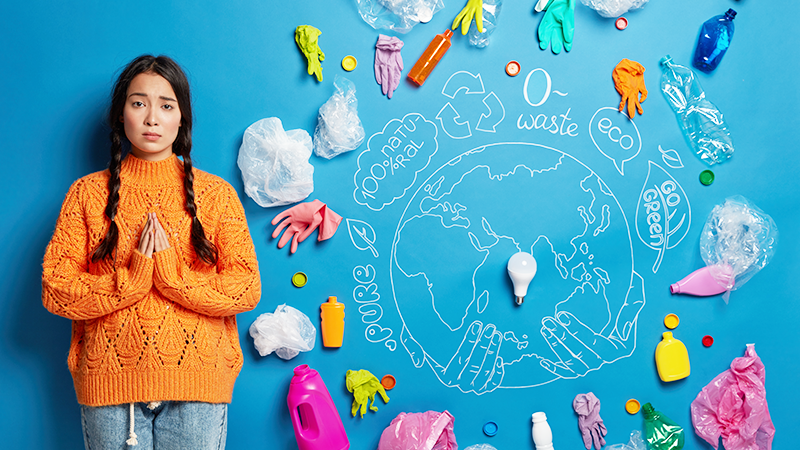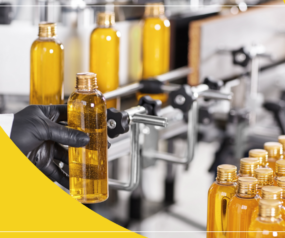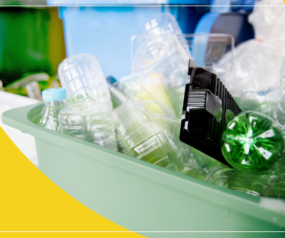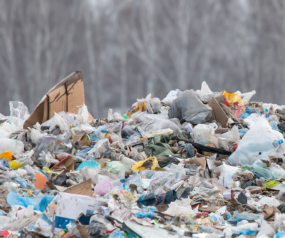Using Plastics to Make a Positive Impact on the Environment
Plastic packaging has been extremely helpful in the food supply chain to ensure the safe transportation of food over long distances. Not only that, but this material also helps reduce food waste by extending its shelf life. Moreover, durable, lightweight, and economical plastics have revolutionised the devices we use every day, from the smartphones in our palms to the televisions we use every day.
However, along with the significant advantages are the highly harmful disadvantages. The direct impact of plastic bags on the environment is their long decomposition time. Hazardous compounds are released into the soil when plastic bags degrade in the sun. When plastic bags are burned, a toxic substance is discharged, contributing to ambient air pollution.
With the environmental impact of plastic packaging becoming increasingly apparent, numerous businesses are taking measures toward sustainable packaging. Compared to alternative products, sustainable packaging ultimately requires less natural resource consumption. In return, this increases companies’ ability to continue developing products and services for an extended period. Additionally, sustainable materials are sourced in an environmentally and socially responsible manner, are renewable, and contain recycled content. Plas Pak the leading plastic manufacturer in WA explored this issue further below.
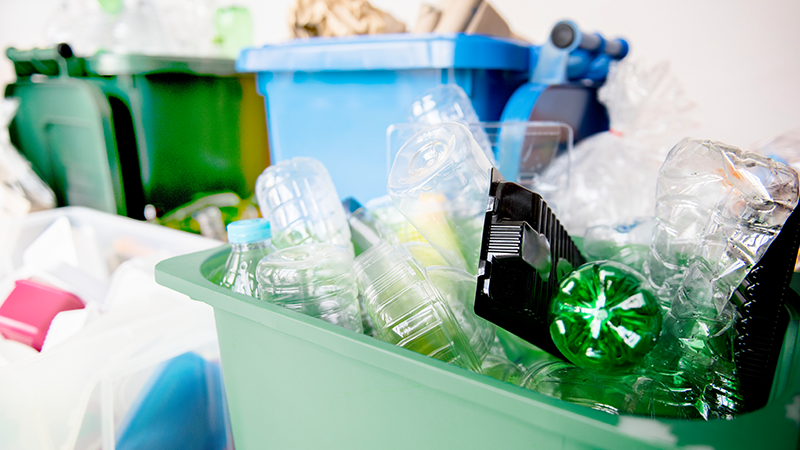
Is producing plastics from methane possible?
As defined by the World Health Organisation, a carbon footprint is a measurement of the impact of your activities on the quantity of carbon dioxide (CO2) created by the combustion of fossil fuels. Carbon dioxide is considered as a pollutant of the air due to its part in the greenhouse effect. Moreover, it absorbs radiation at the ground level, resulting in the formation of ground-level ozone. Choosing sustainable packaging contributes significantly to carbon reduction. This is because the products are primarily manufactured from recycled materials, which minimises resource waste during manufacture. Additionally, the production process is more efficient, lowering resource consumption and your organisation’s negative impact on the environment.
Plas-Pak is constantly on the lookout for new advancements in the world of plastic packaging. Newlight Technologies asserts that it has discovered the most cost-effective technique of making plastic from methane. They gather methane gas from fields and natural gas refineries and store it in a 50-foot reactor. Enzymes absorb the carbon and oxygen and rearrange the particles into Air Carbon during this confinement process. After melting down the Air Carbon, it is dried into colourless pellets that can be moulded into containers.
In other words, there is an extreme possibility that humanity can start producing plastic from methane. Once methane gas is extracted, it can be processed in a facility that houses methanotrophs that convert it to a natural chemical called a biopolymer. When these biopolymers are isolated from the bacteria, they can be converted into biodegradable plastic or bioplastic. Methane absorption, which is more detrimental to the environment than carbon dioxide, will mitigate the consequences of human-caused climate change. Additionally, it will reduce the need for petroleum in polymers.
How the industry may mitigate its environmental impact through the responsible and sustainable use of plastics
Plastic is an inescapable component of consumer behaviour, as it is included in almost every purchase we make. The packaging industry makes up the bulk of all plastic produced globally. Moreover, nearly a third of all plastic packaging escapes collection and sorting processes and ends up in the soil and seas. Plastic degrades into extremely small nanoparticles that are toxic to animals and persist in food chains. With that said, one method to avoid negative environmental consequences while continuing to use plastic is to use these products responsibly and sustainably.
Plastic is a stable compound that protects goods against pollutants and other harmful elements. Without this protection, food is more prone to deteriorate and become unfit for human consumption. Plastics also contribute significantly to environmental sustainability due to their energy-saving potential, inherent recyclability, and energy recovery capabilities. Thus, plastic is not a harmful material in general, but we must use it responsibly. When plastics are used responsibly and sustainably, they have a lower environmental impact than other materials. Plastics are four times more affordable than other materials. Furthermore, considering that consumerism is constantly growing, it is critical to choose the least impactful material.
Trustco recommended the following solutions in a report published in July 2016 to minimise the environmental consequences of plastics:
- The industry should quadruple its reliance on renewable energy sources such as solar, wind, and hydropower.
- Develop more efficient packaging designs for the beverage and ice sector that perform the same tasks as conventional packaging but use less plastic.
- Conduct research into low-emission means of travel.
Plas-Pak is constantly looking for ways to reduce our carbon footprint, lowering the environmental impact of plastics. Furthermore, we highly feel that it is critical and necessary that our clients feel confident working with a company that cares about them and the environment.

